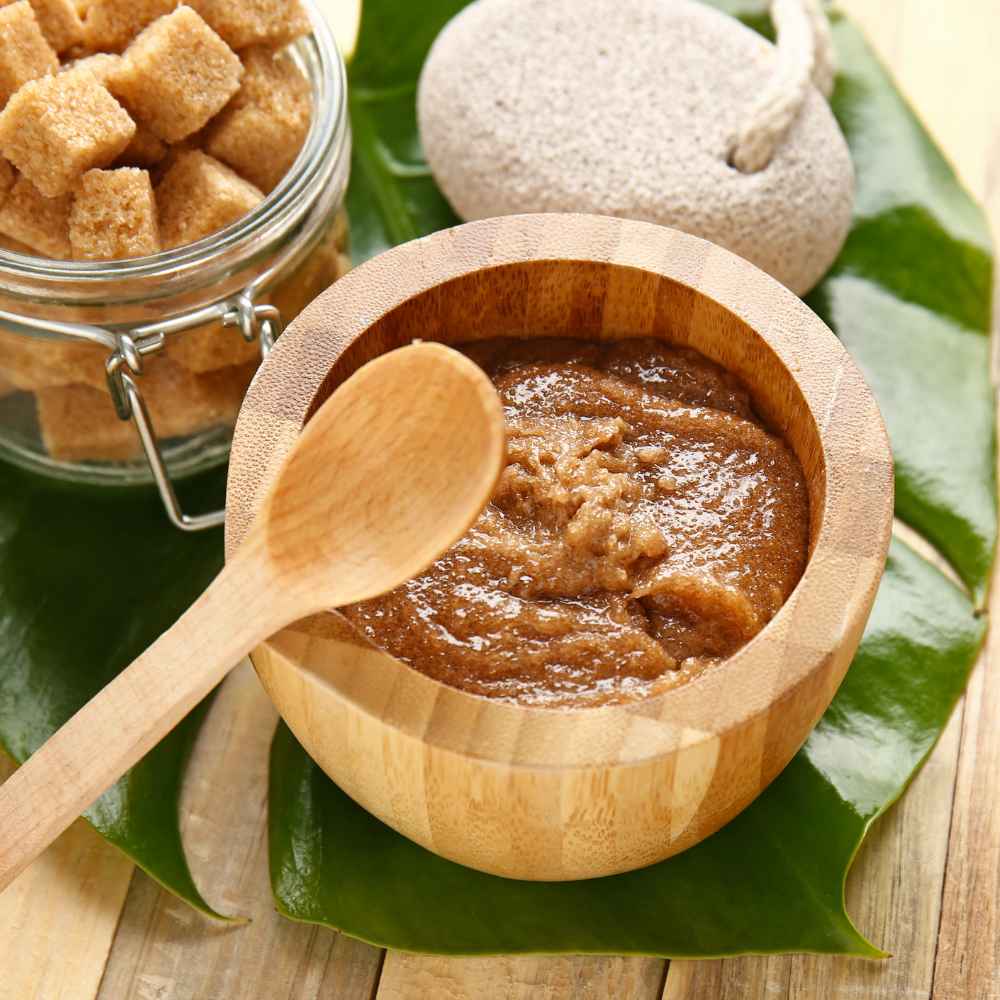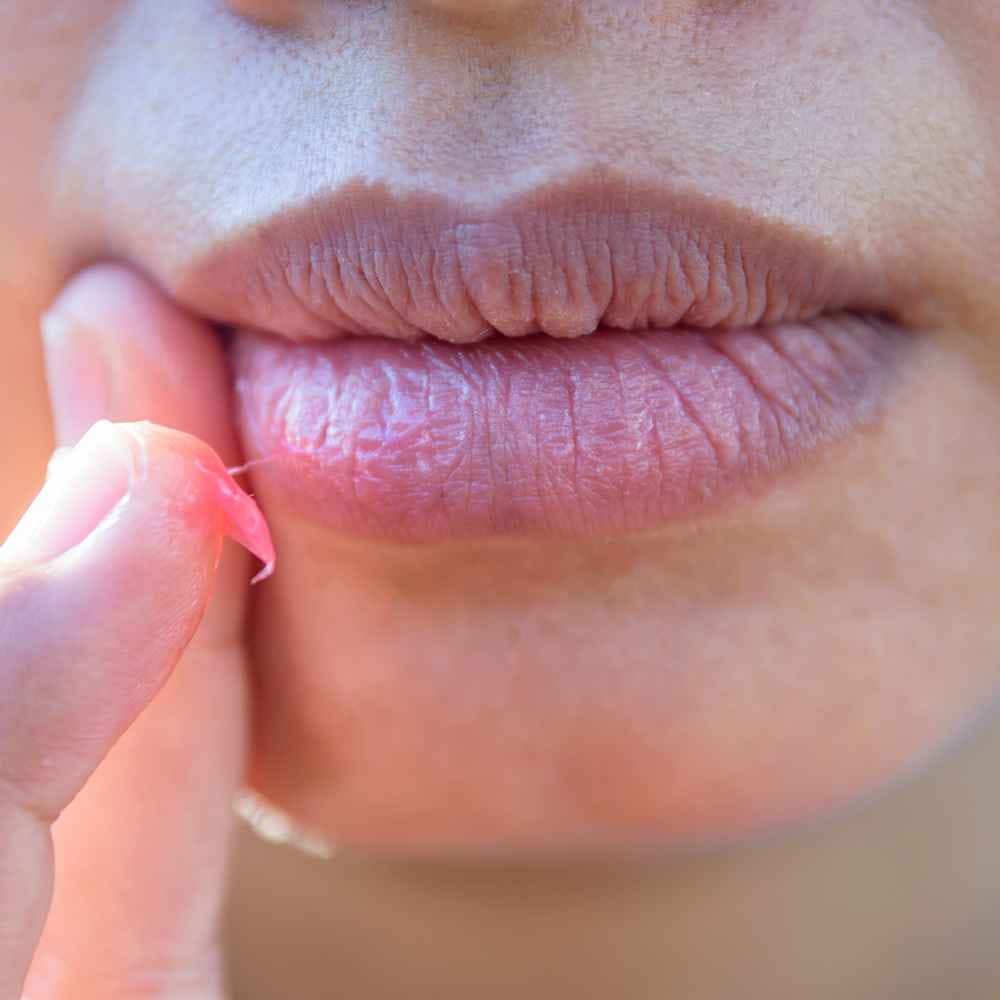
Dry Patch on Lip Dilemma: How to Treat Dry Lip Patches Quickly!
Dry, chapped lips are a common annoyance, but when a persistent dry patch appears, it can be both uncomfortable and concerning.
If you're struggling with this issue, you're not alone. In this comprehensive guide, we'll explore the causes of dry lip patches and provide you with effective solutions to treat them quickly.
Key Takeaways:
- Understanding the common causes of dry lip patches.
- Effective home remedies and treatments for quick relief.
- Preventative measures to keep your lips hydrated and healthy.
Identifying the Culprit: What Causes Dry Lip Patches?
When it comes to dry patches on the lips, the causes can range from environmental factors to underlying health conditions.
Exposure to harsh weather conditions, such as wind, cold, and dry air, can strip the lips of their natural moisture, leading to dryness and flakiness.
Additionally, habits like licking your lips can exacerbate the problem, as the saliva evaporates and takes more moisture with it.
On the other hand, certain medications, nutritional deficiencies, and health issues like eczema or psoriasis can also contribute to the development of dry lip patches.
It's important to consider these potential causes as you seek a solution, as the treatment may vary depending on the underlying issue.

Quick Fixes: Home Remedies to Soothe Dry Lip Patches
For immediate relief from dry lip patches, home remedies can be incredibly effective.
Lip Balms
One simple solution is to apply a natural lip balm or oil, such as coconut oil or shea butter, which can provide a protective barrier and help to rehydrate the lips.
Lip Scrubs
Another option is to create a gentle lip scrub at home to exfoliate the dead skin cells and promote healing.
Making a lip scrub with honey is a simple and effective way to exfoliate and moisturize your lips. Here's a basic recipe for a DIY lip scrub:
Ingredients:
- 1 tablespoon honey
- 2 tablespoons brown sugar (or white sugar for a gentler scrub)
- 1 teaspoon coconut oil (or olive oil, sweet almond oil, or jojoba oil)
- Optional: a drop of vanilla extract or a few crushed mint leaves for flavor and fragrance
Instructions:
- Gather Your Ingredients: Measure out the honey, brown sugar, and coconut oil.
- Mix the Ingredients: In a small bowl, combine the honey, brown sugar, and coconut oil. Stir well until the ingredients are thoroughly mixed.
- Adjust Consistency: If the mixture seems too dry, you can add a little more honey or coconut oil until you reach a paste-like consistency.
- Optional Additions: If you want to add flavor or fragrance, incorporate a drop of vanilla extract or crush a few mint leaves into the mixture. This step is entirely optional and depends on personal preference.
- Store or Use Immediately: Transfer the lip scrub into a small, airtight container if you're making a larger batch. Otherwise, you can use it right away.
- Apply the Lip Scrub: Take a small amount of the honey lip scrub and gently massage it onto your lips in a circular motion. The sugar will exfoliate, while the honey and coconut oil will moisturize.
- Rinse Off: After exfoliating for a minute or two, rinse off the lip scrub with warm water or wipe it away with a damp cloth.
- Follow with Lip Balm: For extra hydration, follow up with your favorite lip balm to lock in moisture.
This homemade honey lip scrub is a natural and delicious way to keep your lips smooth and moisturized. Feel free to customize the recipe to suit your preferences and experiment with different natural ingredients.
Constant Hydration
It's also super important to stay hydrated by drinking plenty of water throughout the day. This not only benefits your overall health but also helps to maintain the moisture balance in your lips.
Additionally, using a humidifier in your home can add moisture to the air and prevent your lips from drying out.

When Home Remedies Aren't Enough
Sometimes, despite your best efforts with home remedies, dry lip patches persist. In these cases, it may be necessary to seek out more advanced treatments.
Over-the-counter products containing ingredients like hydrocortisone or lanolin can offer more intensive healing for stubborn dry patches. For severe or chronic conditions, a dermatologist may prescribe medicated creams or ointments specifically designed to target the problem.
It's important to be cautious with these treatments, however, as some ingredients can irritate sensitive skin.
Always patch test a small area of your lip to ensure you don't have an adverse reaction before applying any new product liberally.
Prevention is Key: Keeping Your Lips Hydrated and Healthy
The best way to deal with dry lip patches is to prevent them from occurring in the first place. This means adopting a lip care routine that includes regular exfoliation, moisturization, and protection from the elements.
Using a lip balm with SPF can shield your lips from harmful UV rays, which can contribute to dryness and cracking.
Additionally, consider your diet and lifestyle choices. Foods rich in vitamins A, C, and E can promote skin health, while avoiding spicy or acidic foods may prevent irritation.
If you're a smoker, quitting can improve the condition of your lips, as the chemicals in cigarettes can be drying and damaging.

Dry Patch S.O.S.
Dry lip patches can be a frustrating and uncomfortable issue, but with the right knowledge and care, they can be treated quickly and effectively.
By understanding the causes, utilizing home remedies, seeking advanced treatments when necessary, and taking preventative measures, you can maintain soft, hydrated lips year-round.
FAQ's
Q: Can dehydration cause dry lip patches? A: Yes, dehydration is a common cause of dry lips.
When your body lacks sufficient water, it can lead to dryness not only in your lips but also in your skin overall. It's essential to drink enough water daily to keep your lips hydrated from the inside out.
Q: Are there any dietary changes I can make to help prevent dry lip patches? A: Incorporating foods rich in vitamins A, C, and E can support skin health and may help prevent dry lip patches.
Omega-3 fatty acids, found in fish and flaxseeds, can also promote healthy skin. Avoiding spicy or acidic foods might reduce irritation to your lips.
Q: When should I see a doctor for dry lip patches? A: If home remedies and over-the-counter treatments do not improve your dry lip patches, or if the patches are accompanied by severe symptoms such as bleeding, pain, or signs of infection, it's important to consult a healthcare professional. They can provide a proper diagnosis and recommend a treatment plan tailored to your needs.

















